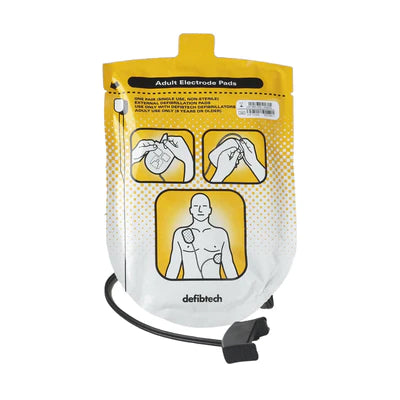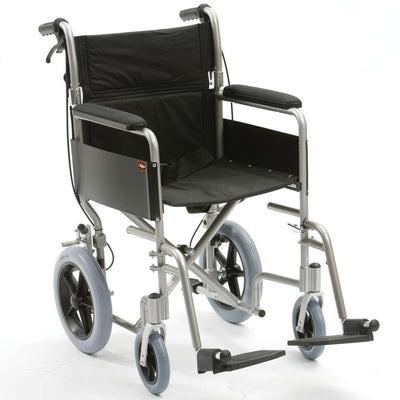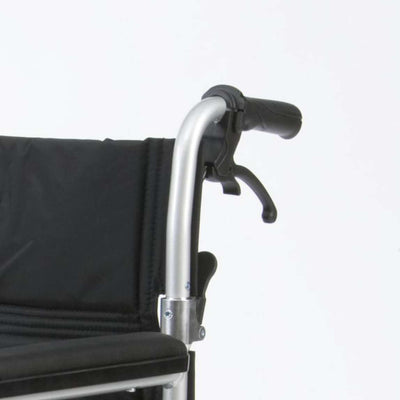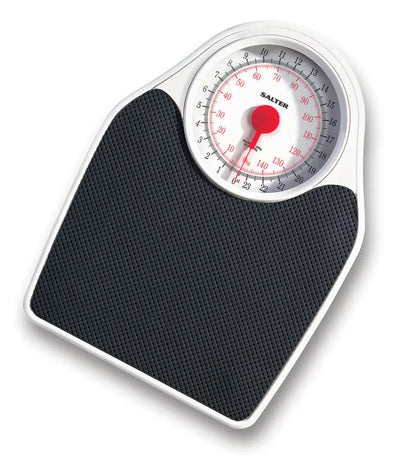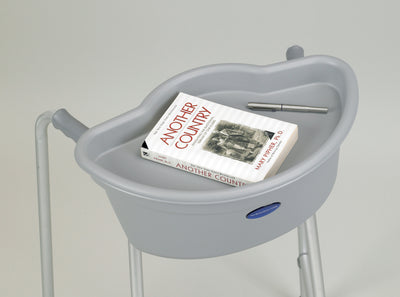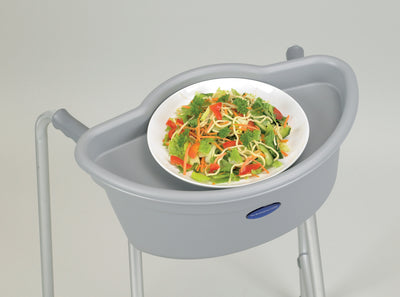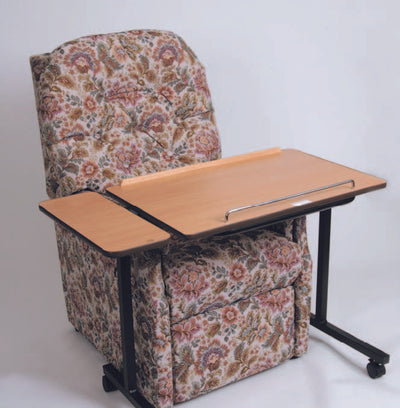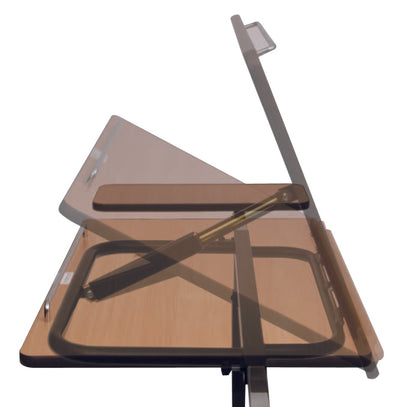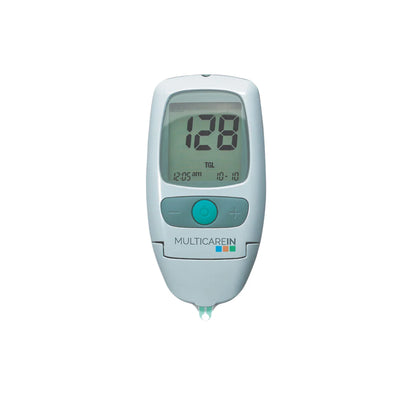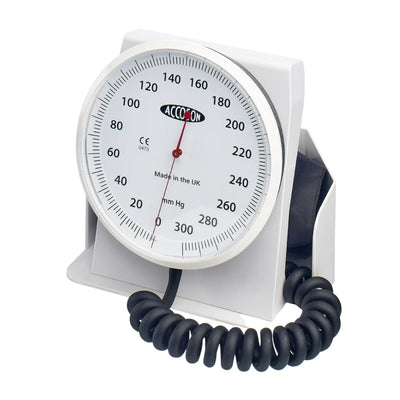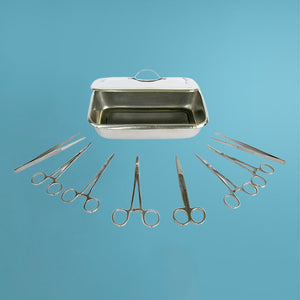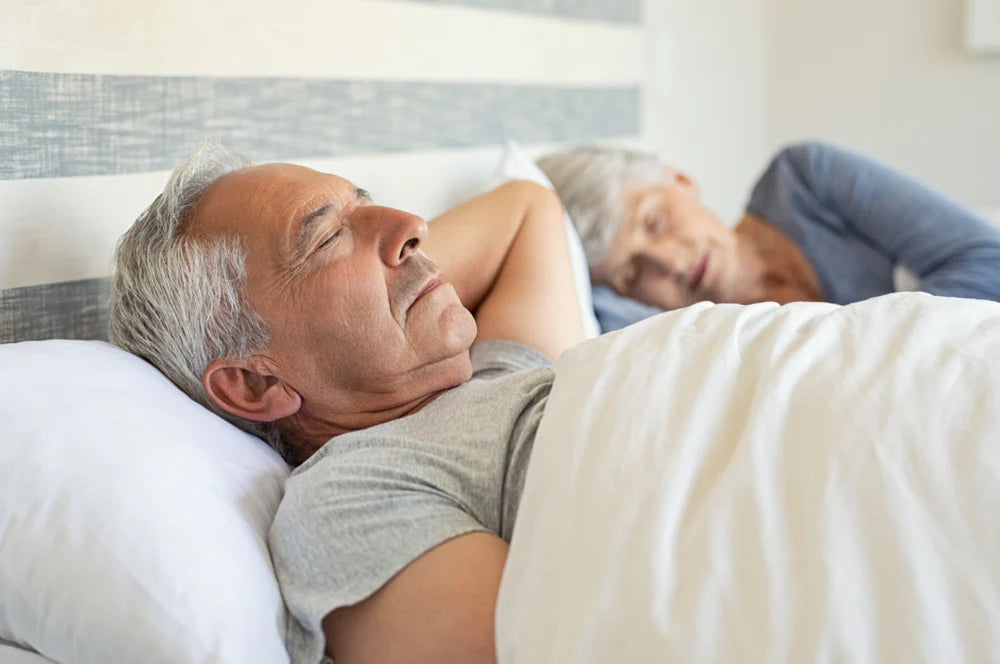We’re recognising World Sleep Day this March 18th so this week’s blog is all about how we can ensure good, regular sleep as we age and what tools and items we can use to make sleep come easier to leave us rested, refreshed and ready for the day to come.
We know that our sleeping patterns can naturally change as we get older. Menopause, health conditions and changes in our activity and stress levels can all play a part in affecting our sleep quality for the worse. So, as we age, it’s not unusual for us to have trouble getting to sleep and/or find ourselves waking in the night unable to drift back to the land of nod.
What’s the result of this? We’re left tired, emotional, grumpy and less able to function to the best of our abilities the next day. As we get older, it becomes harder to cope with exhaustion and will begin to have detrimental effect on other aspects of our health and wellbeing.
Is bad sleep inevitable as we age?
Simply put - the answer is NO! But, importantly, that response does come with a caveat.
Although it’s not a given that we have to endure bad quality sleep in older years, it is crucial that we accept there will be some changes in our regular sleeping routine.
How does sleep change as we age?
As we get older, our sleep patterns will be disrupted by the changes in our circadian rhythms and the production of hormones like melatonin and cortisol. In fact there is a direct connection between the amount of daylight we get as we age and the production of melatonin in our bodies.
Generally, as we become less active with age, we tend to spend less time outdoors and our melatonin production decreases. This in turn will affect our internal body clocks can thus affecting the natural rhythms of our sleeping/waking routine.
Top tips for sleeping well
Firstly, putting pressure on yourself to get a solid 8 hours of sleep every night is definitely not the way forward! Accepting that some nights will be better than others is healthy, and starting to recognise that your sleep patterns will come in waves of good and less good can be psychologically helpful.
However there are some easy ‘tricks’ you can put in place to encourage more frequent, good sleep.
- Create a routine where you go to bed and get up at the same time every day.
- Get up in the morning at your usual time, no matter how well you slept
- Make sure that your bed and bedding are comfortable - use a comfortable, supportive cervical pillow and if you like extra comfort you can snuggle down with a knee pillow to keep your lower body supported too!
- Avoid caffeine, nicotine and alcohol in the evening and try not to eat a heavy meal less than 3 hours before bed.
- Avoid exercise in the evening - although a gentle evening walk can help to remove mental stress so it can be a useful part of your ‘calming down’ routine.
- Keep your bedroom cool and dark – the ideal temperature is 18 degrees. A ripple mattress topper can work brilliantly to keep the bed temperature regular as the air can circulate around the ripples, as well as keeping your body equally supported all night.
- Remove TVs, computers and phones from the bedroom at ALL times!
- Try to avoid napping during the day. If you do enjoy a daytime nap, schedule this for roughly the same time each day.
What if You Wake in the Night?
Often, getting to sleep in the evening is not the problem but waking in the early hours is.
If you do wake up in the night and struggle to get back to sleep you can try these tips:
- Try to clear your mind of whatever is ‘talking’ to you. Deep breathing and relaxation techniques can work.
- If, after 15-20 minutes you haven’t nodded off you should get up and go into another room. Don’t start any activities that will ‘wake’ you up - like housework, watching TV or going on to your computer or phone. Instead just sit in a comfortable chair and listen to a gentle programme on the radio, or do some reading.
- Return to bed and go through your usual settling down routine, trying not to become too concerned with the pressure of getting back to sleep. If again after 15-20 minutes you can’t fall asleep, repeat the process.
If you feel that your sleep habits have become a problem and that they are strongly affecting your daily life, then you should seek help from your GP.
Need more help? We're always here to help so get in touch today.
For all your Medical and Homecare supplies give us a call at Mediworld.
We have over 40 years experience in medical, surgical, mobility and home health supplies and we're always on hand to chat if you need support or advice and don't forget to read our other great health blogs!
March 2022


